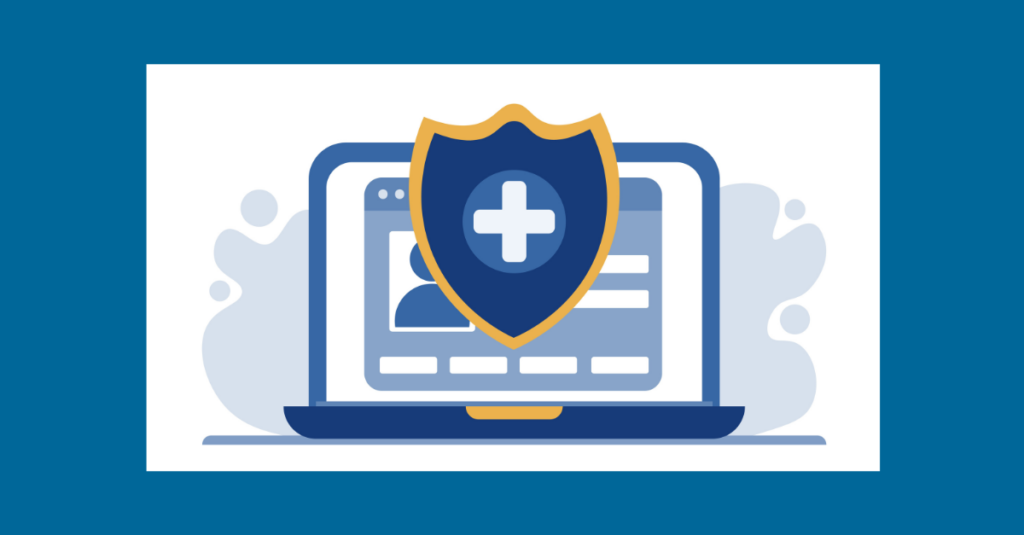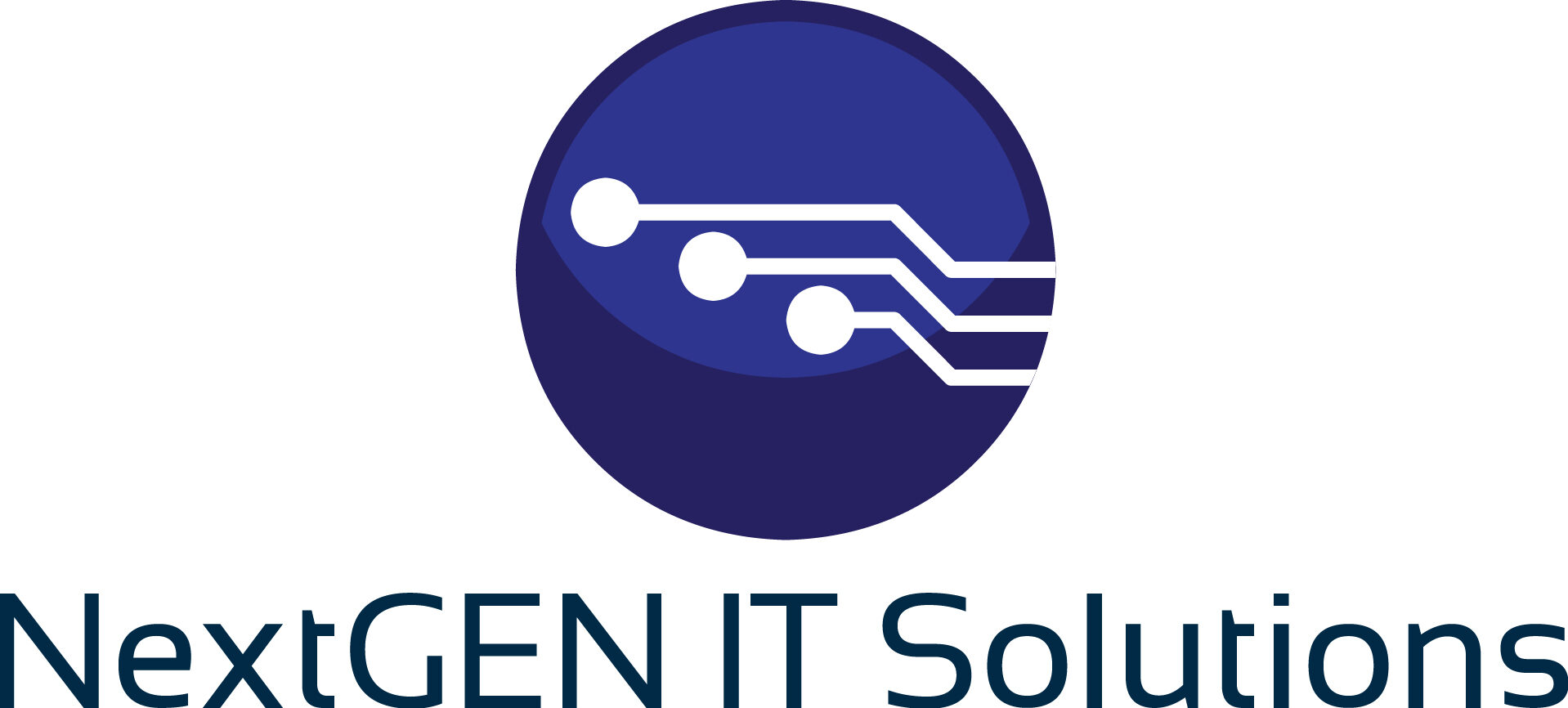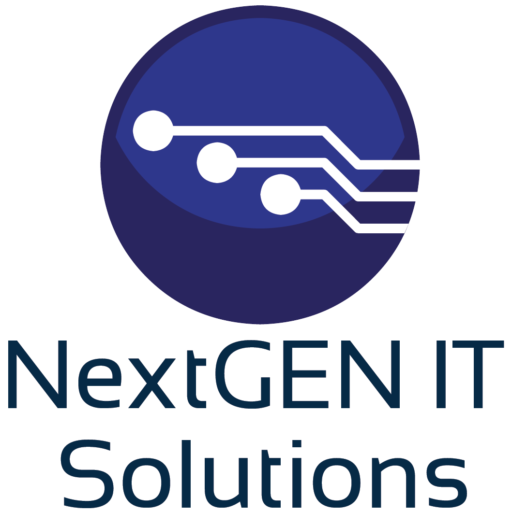How Businesses Can Stay Compliant with HIPAA, FTC, and GLBA

How Small Businesses Can Stay Compliant with HIPAA, FTC, and GLBA in 2025
Remember when compliance used to feel like something only big companies worried about?
Those days are over.
In 2025, small and midsize businesses (SMBs) are facing the same cybersecurity compliance requirements—and the same penalties for failure—as large enterprises. And regulators aren’t giving anyone a pass because of their size.
Whether you’re a local healthcare provider, insurance broker, accountant, school, or legal office, chances are you’re governed by one (or more) of the following:
- HIPAA (Health Insurance Portability and Accountability Act)
- FTC Safeguards Rule (amended in 2023)
- GLBA (Gramm-Leach-Bliley Act)
- CMMC, PCI, FERPA, or SOX depending on your vertical
And the requirements aren’t just about having antivirus or using strong passwords anymore. You need written policies, layered security, risk assessments, training, audits, and documentation.
In this post, we’ll break down what small businesses need to do to stay compliant—and how NextGEN IT Solutions can help make it simple and affordable.
Why Compliance Is a Big Deal for SMBs Now
Here’s what’s changed in the last few years:
1. Regulators Expanded Their Reach
The FTC Safeguards Rule was updated in 2023 and now covers many SMBs, including:
- Accountants and tax preparers
- Mortgage brokers
- Insurance agencies
- Financial planners
- Car dealerships
- Schools and tutoring businesses
2. Cybercrime Increased Dramatically
Ransomware and phishing attacks exploded—especially against small, underprotected businesses. Compliance frameworks now focus heavily on prevention and response.
3. Cyber Insurance Requires Compliance
Many insurers now require HIPAA, GLBA, or FTC compliance to issue policies or pay claims.
4. Customers Demand It
If you serve other businesses, expect clients to ask for:
- Risk assessments
- Incident response plans
- Proof of controls
- Third-party vendor management
Falling behind can cost you contracts.
Common Compliance Requirements for SMBs
While each regulation has its own nuances, most have overlapping core requirements. These include:
✅ Written Information Security Program (WISP)
A documented cybersecurity program that outlines:
- Security goals
- Roles and responsibilities
- Data classification and access
- Security measures and safeguards
- Risk response protocols
✅ Risk Assessment
You must regularly evaluate:
- Where sensitive data lives
- Who can access it
- What could go wrong
- How well your current controls work
This informs everything else you do.
✅ Access Controls and MFA
You must ensure that:
- Only authorized users access sensitive data
- Privileged access is restricted and audited
- Multifactor authentication (MFA) is enforced
✅ Encryption
Sensitive data must be encrypted:
- At rest (e.g., hard drives, cloud storage)
- In transit (e.g., email, file transfers)
✅ Endpoint Protection and Monitoring
You must:
- Use enterprise-grade antivirus/EDR
- Monitor endpoints for suspicious activity
- Detect and respond to incidents quickly
✅ Backup and Disaster Recovery
You must:
- Back up sensitive data regularly
- Store backups securely and offsite
- Test recovery plans and document the process
✅ Vendor Management
You must:
- Vet your third-party vendors
- Ensure they meet your security standards
- Sign agreements (e.g., BAAs for HIPAA)
✅ Employee Training
You must:
- Train employees on cybersecurity risks
- Run phishing simulations
- Document participation and results
✅ Incident Response Plan
You must:
- Document what to do in case of a breach
- Outline roles, timelines, and reporting
- Test and update the plan annually
Real Story: Local Chiropractor Gets a HIPAA Wake-Up Call
A wellness clinic in Butler County had never done a HIPAA risk assessment. When a patient’s email was sent unencrypted, the Office for Civil Rights opened an investigation.
They faced a fine, mandatory audits, and public disclosure of the breach. We stepped in to help them implement proper email encryption, staff training, and documentation—ensuring future compliance and restoring patient trust.
How NextGEN IT Solutions Helps SMBs Stay Compliant
Compliance can be overwhelming—but we make it simple.
We help you:
1. Perform a Full Compliance Gap Assessment
We’ll evaluate your current environment against HIPAA, FTC, GLBA, or other applicable regulations.
You get:
- A clear checklist of missing requirements
- Risk ratings by severity
- A roadmap to full compliance
- Documentation to present to auditors or clients
2. Build and Maintain Your Compliance Program
We write and manage:
- Your Written Information Security Program (WISP)
- Acceptable Use Policies (AUP)
- Remote work and BYOD policies
- Backup and incident response plans
- Vendor due diligence checklists
You’ll have everything required—customized for your business.
3. Implement the Right Security Tools
We provide and manage:
- Managed EDR and antivirus
- Patch management
- MFA deployment
- DNS and email filtering
- Encrypted cloud backup
- Mobile Device Management (MDM)
All aligned with compliance requirements and logged for audit readiness.
4. Train Your Staff
We deliver:
- Onboarding and annual security training
- Phishing simulations
- HIPAA or FTC-specific courses
- Reporting to meet audit standards
No more guesswork—your team will be security-smart and covered.
5. Act as Your vCISO
We serve as your Virtual Chief Information Security Officer, offering:
- Quarterly reviews
- Audit preparation and support
- Cyber insurance documentation
- Regulatory updates
- Ongoing strategy and budget planning
Who Needs Compliance Help the Most?
You should take compliance seriously if you:
- Handle health data, financial records, or student info
- Provide services under HIPAA, FTC, GLBA, CMMC, or FERPA
- Store sensitive customer or employee data
- Accept payments or offer financing
- Want to reduce cyber insurance costs
- Work with enterprise or government clients
Why Work with NextGEN IT Solutions?
We help SMBs in Harrisville, Grove City, Pittsburgh, Erie, and beyond:
- Understand their compliance responsibilities
- Avoid costly fines and data breaches
- Satisfy vendor and insurance demands
- Get compliant without hiring a full-time CISO
- Stay ahead of changing regulations
With over 26 years of experience, we know how to bridge the gap between technical controls and legal requirements—without jargon or fearmongering.
Let’s Make Compliance Easy
Start with a Free Compliance Gap Assessment. We’ll help you:
- Identify your current risks
- Understand what’s required
- Create a step-by-step action plan
Call 724-204-1950
Or request a consult at nextgen-itsolutions.com/contact
Final Thoughts
Compliance is no longer optional—and ignorance is no longer an excuse.
But with the right partner, staying compliant with HIPAA, FTC, and GLBA doesn’t have to be expensive or overwhelming.
NextGEN IT Solutions is here to guide you every step of the way.



